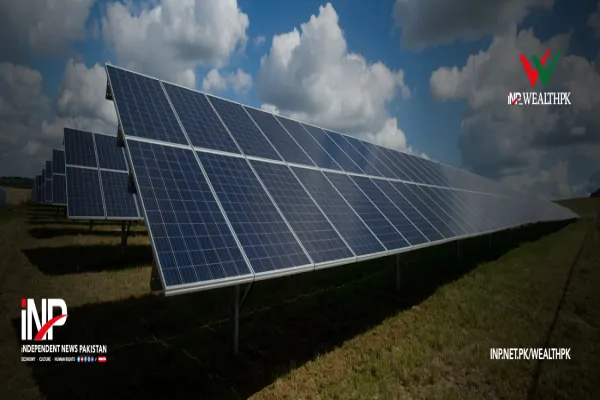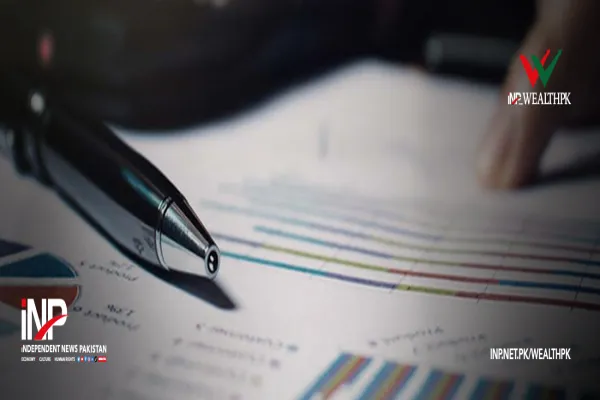i INP-WEALTHPK
Qudsia Bano
The State Bank of Pakistan (SBP) has released its Quarterly Payment Systems Review for the third quarter of the fiscal year ending June 30, 2025, reporting a significant rise in digital transactions that underscores the country’s accelerating shift towards a digitally enabled economy. The report highlights that retail digital transactions reached 2.408 billion in volume—up 12% from the previous quarter—with the total value rising to Rs164 trillion, marking an 8% increase.
This surge is largely driven by the growing adoption of mobile-based financial services. Mobile banking apps, branchless banking wallets, and e-money wallets collectively processed 1.686 billion transactions worth Rs27 trillion, reflecting a 16% increase in volume and a 22% rise in value. Digital payments now account for 89% of all retail transactions nationwide, underscoring the rapid transformation in consumer behavior and financial infrastructure.
Commenting on this development, Muhammad Asim, Head of Digital Banking at Bank Alfalah, said, “This level of digital penetration is not only encouraging but essential for reducing cash dependency. The growing use of wallets and mobile apps is bringing financial services to the unbanked, supporting broader economic participation.” He further noted that the accessibility of digital platforms is playing a key role in enhancing financial inclusion, especially in rural and semi-urban areas.
E-commerce also saw a notable boost, with transaction volumes increasing by 40% to 213 million and the value rising by 34% to Rs258 billion. Notably, digital wallets dominated the e-commerce space, contributing 94% of the total transaction value, while card-based payments played a relatively minor role. The report also points to progress in the country’s digital infrastructure, with 140,861 merchants processing 99 million transactions worth Rs550 billion through 179,383 point-of-sale terminals.
QR code usage continued to grow, with 21.7 million transactions amounting to Rs61 billion. Commenting on the broader implications, Areeba Shahid, an expert at Pakistan Fintech Network, emphasized, “This growth signals a healthy environment for Pakistan’s fintech sector. It opens new opportunities for collaboration among banks, fintechs, and telecom operators, ultimately fostering a more resilient digital economy.
These trends are also helping formalize the economy by increasing transparency and expanding the tax base.” SBP-operated payment platforms have played a central role in facilitating this progress. Raast, the instant payment system, processed 371 million transactions worth Rs8.5 trillion during the quarter, while the RTGS system facilitated Rs347 trillion in large-value payments.
These systems are central to SBP’s strategic goal of building a robust and inclusive digital payments ecosystem. With digital adoption continuing to grow and strong institutional backing from regulators like SBP, Pakistan is well-positioned to harness technology for economic growth, financial inclusion, and improved public service delivery.
Credit: INP-WealthPk








